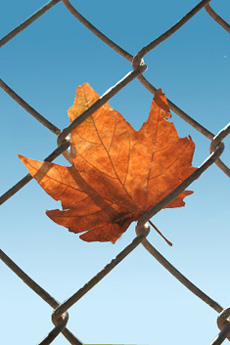Movie Review: Hope Springs – Is Change Possible?
by Julia Flood, LCSWSwitch to mobile view
Hope Springs, starring Meryl Streep and Tommy Lee Jones, portrays couples therapy as a way to mend a broken marriage. If you have seen or heard about the movie, you may be wondering whether couples therapy could work to improve the love relationship in your life. As the wife asks her friend at the outset of the film, "Is it possible to change one’s marriage?" The friend’s answer is an unequivocal "No!" Despite this discouragement, what follows is a full-fledged effort at couples therapy in the form of a week-long out-of-town therapy intensive.
As a couples therapist many people have asked me what I thought of the film. First of all, I liked it! The movie is serious but hopeful. I was pleased it wasn’t a sappy romantic comedy saturated with slapstick, or making fun of psychological struggles. It’s also not an engineered tearjerker, or a cynical exposé of professional malpractice. But since this is after all a Hollywood fiction, how does it compare to reality?
First the caveat: Week-long intensives are not the most common format for couples therapy, and the attitudinal changes depicted can hardly be imagined as taking place over the course of a single week. And even if they did, the film itself touched on another problem: sustaining the changes back home, in your regular routine environment. There is certainly a case to be made for less intensive but regular therapy sessions over a sustained time period. What about the therapist’s approach though? Is this typical? In reality there is a broad spectrum of appropriate therapeutic styles and interventions, and therefore any couples therapist you might ask would likely have suggestions on what they might have done similarly or differentially to assist the partners in improving their intimacy, sexual and otherwise.
What is certainly realistic is the depiction of the couple’s dynamic – they aren’t fighting, but their tension and avoidance is palpable, and both partners’ inner turmoil becomes more and more apparent as the film progresses. Meryl Streep’s and Tommy Lee Jones’ performances are stellar as usual, and if the relationship does not remind you of your own, then it probably will remind you of somebody else’s. In my therapy practice it is certainly common! I also appreciated the depiction of the ups and downs, setbacks and failures of therapeutic work, and the partners’ willingness to "get back on the saddle" the next day.
But all "fact checking" aside, and probably most importantly, I can align myself with the film’s message: Change is possible. Hope is realistic, especially if both partners are willing to take a hard look at their own issues and step into the uncertainty of changing course. The risk is high – it is a scary process with no "guarantee" that you will get the outcome you desire, but not trying something can be risky, too, and is pretty much a guarantee for things staying the same. It will be a challenging path out of the emotional desert of your relationship, but sometimes beautiful things do come out of dust.
Follow @NewStartTherapy
 German Language Site
German Language Site
